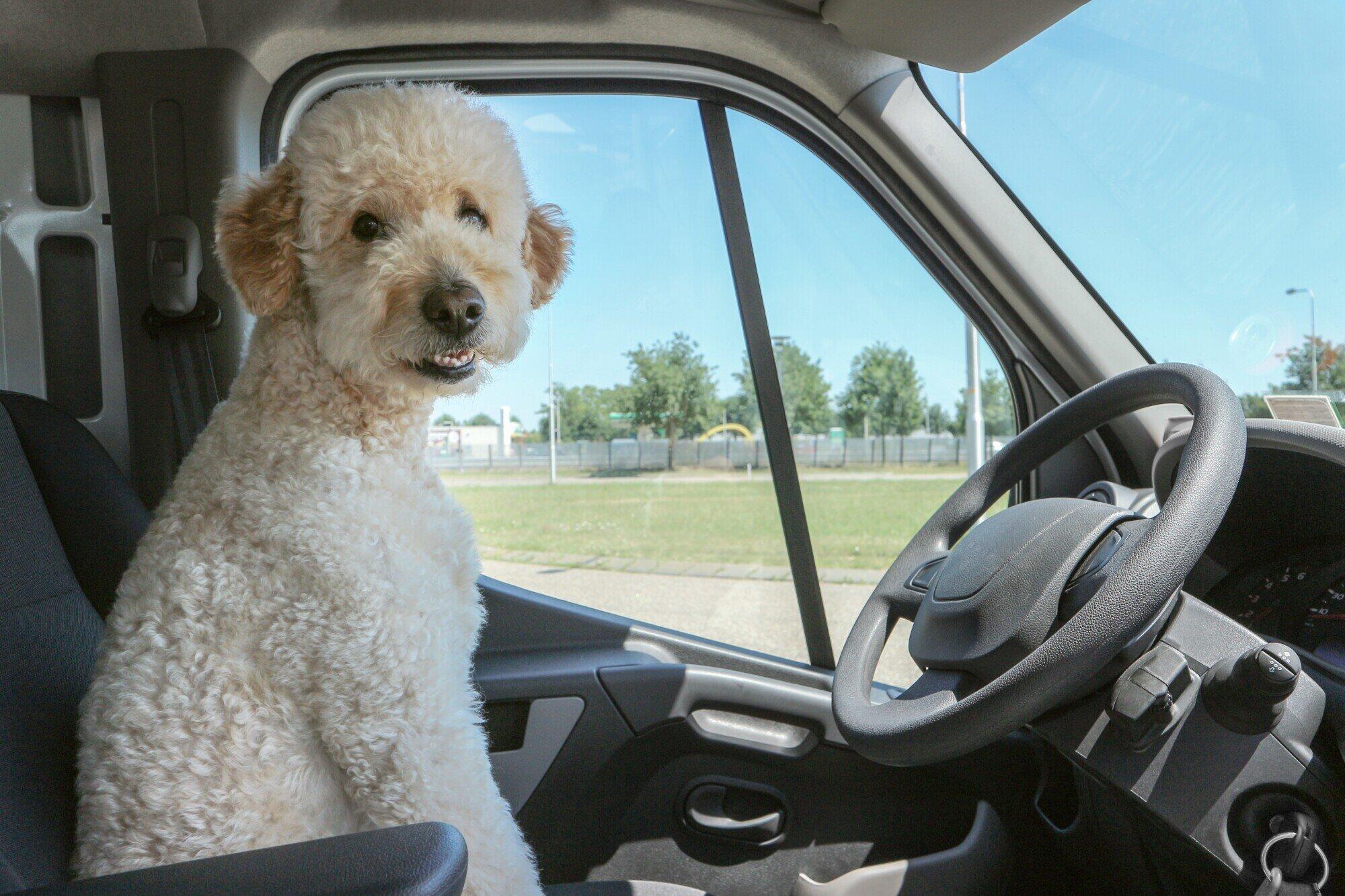Many people consider their pets part of the family. According to a survey from the American Pet Products Association, an impressive 66 percent of U.S. households (or 86.9 million households) own a pet.
If you're a landlord in the Baltimore, Maryland area, you might wonder how allowing pets affects you.
Read on to discover how you can manage pets in a rental property in a way that will make you and your tenants happy.
Create a Clear Tenant Pet Policy
The first thing you should do is draft some concrete landlord pet guidelines. These guidelines should be included in every lease addendum so that each prospective tenant is clear about the rules before they sign.
Your pet policy should include things like pet size and weight restrictions, which pet breeds and species are allowed, and the maximum number of pets you'll allow per unit. You should also include details about vaccination and license requirements.
One of the most important parts of the landlord pet guidelines you write should include information about pet deposits. It should also feature details about each tenant's responsibilities when it comes to cleaning up after their pets and repairing any pet-related damage.
Pets in a Rental Property: Screening
Part of allowing pets in a rental property should include screening to ensure responsible pet ownership. This screening should require that every pet is up to date on its vaccinations and that it's free of parasites like fleas and ticks.
it's also important to make sure that every pet is clean and well-groomed, as well as properly house-trained. The pet or pets should also be obedient and friendly so that they're not a threat to other people on the property. While it's entirely up to you, you may also want to require your tenants to obtain renter's insurance that covers any pet-related incidents to protect you from liability.
Make Tenant Responsibilities Clear
Owning a pet and keeping it in a rental property is a privilege that comes with responsibility. Clearly outline every tenant's responsibilities as a pet owner, including verbiage that states they're responsible for their pet's health, well-being, and behavior.
You should also make it clear that tenants should ensure their pet does not interfere with other tenant's rights. They should also be expected to clean up after their pets, like when they use the bathroom outside in common areas.
Tenants should also be legally and financially liable for any pet-related damage they cause to your property. You should also include information about how to handle concerns like a process for dealing with pet complaints and consequences for those tenants who violate the pet policy.
Implement These Practices
Try to implement all of these tips if you decide to allow pets in a rental property. With some clear guidelines, the right screening process, and holding your tenants accountable, allowing pets shouldn't be a major problem.
PMI Bmore Metro is here to help you manage your residential or commercial property in the Baltimore area, so contact us today to find out more.


